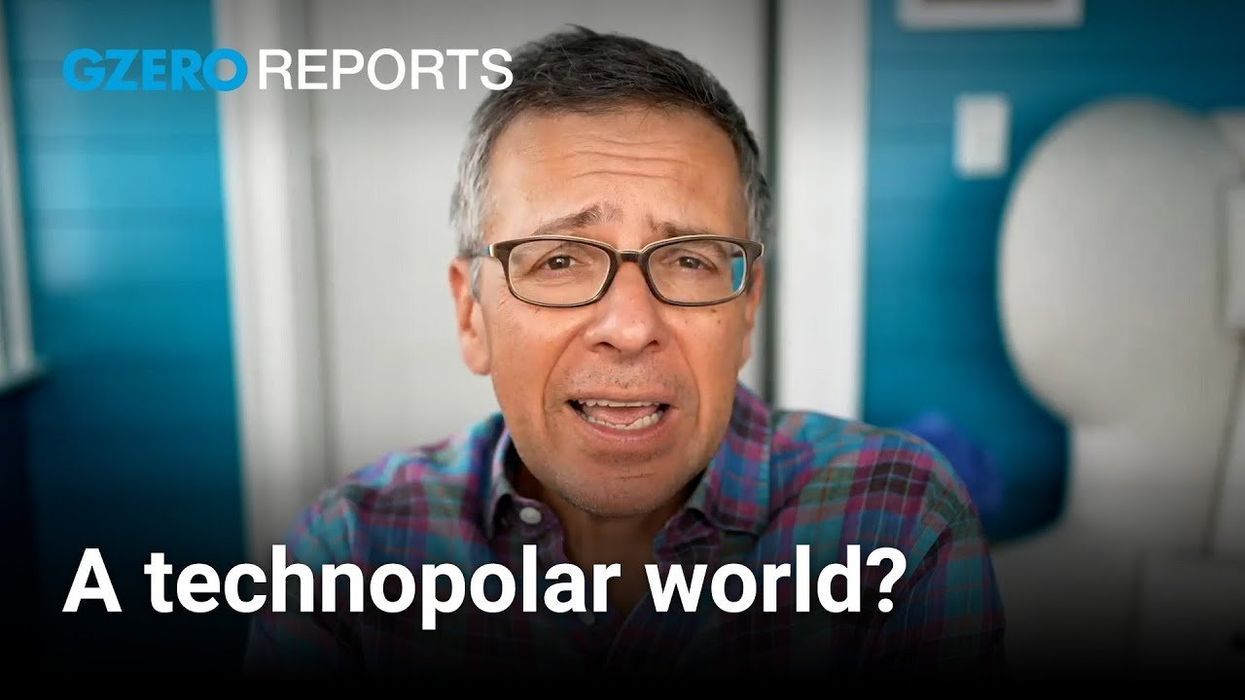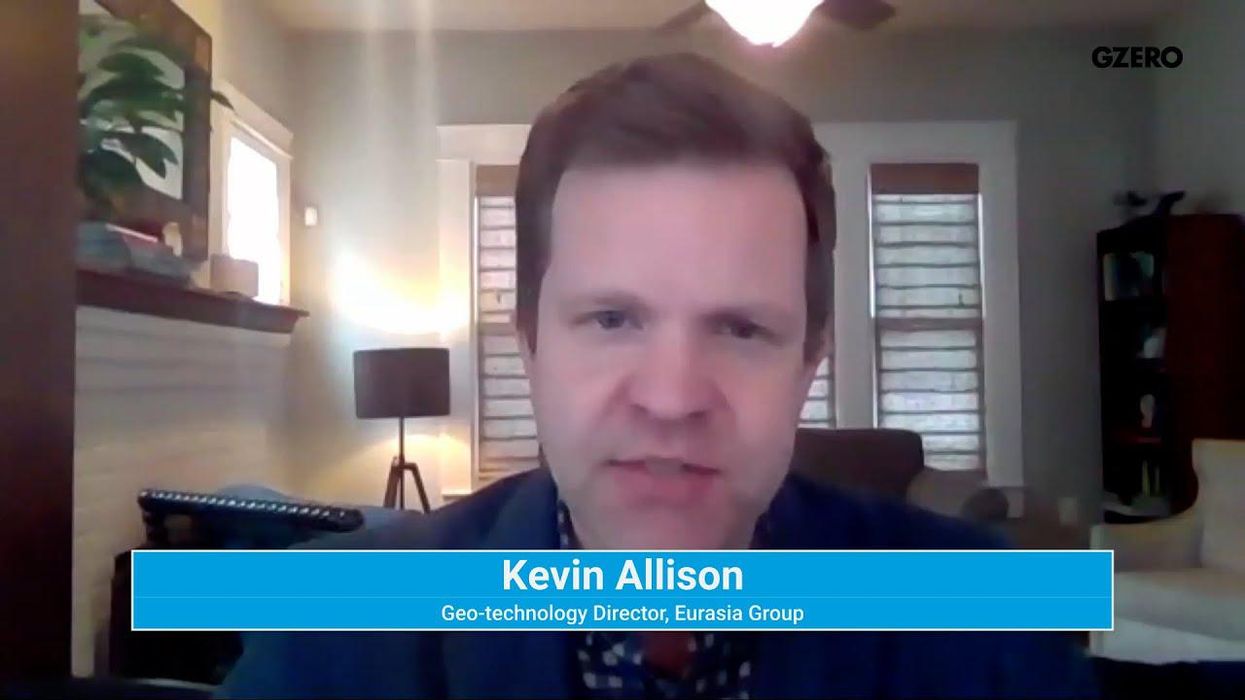AI
What is a technopolar world?
Ian Bremmer introduces the concept of a technopolar world––one where technology companies wield unprecedented influence on the global stage, where sovereignty and influence is determined not by physical territory or military might, but control over data, servers, and, crucially, algorithms.
Aug 30, 2023



